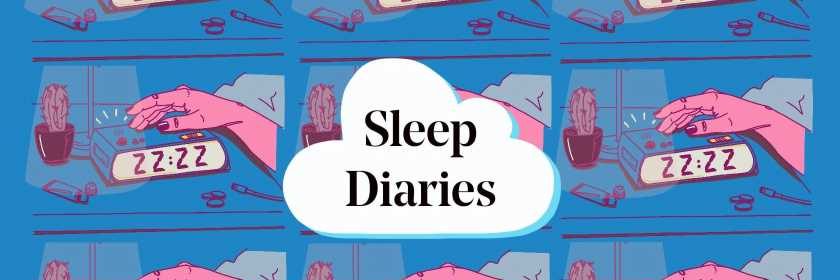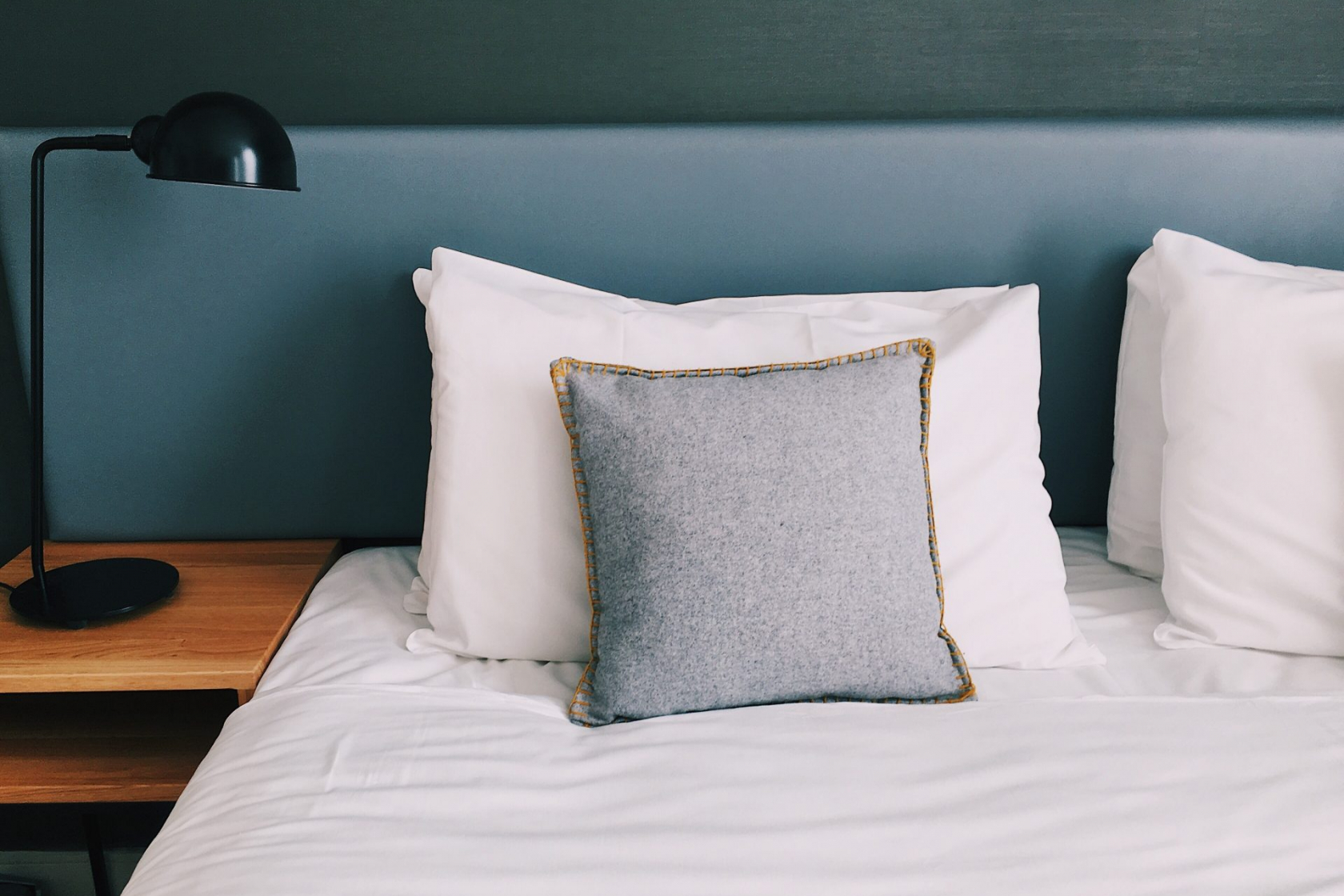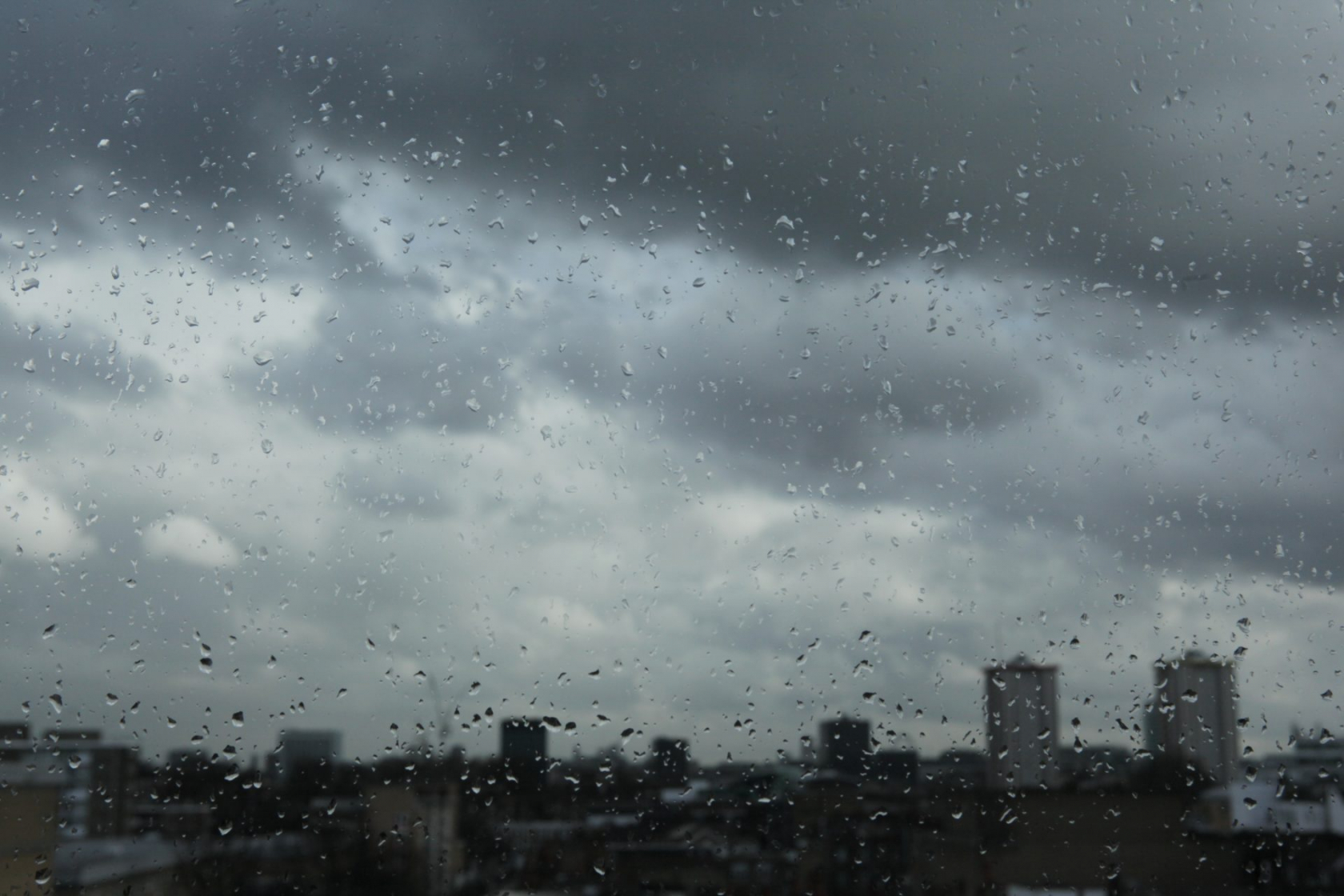Light sleeper? Here’s how a ‘nervous system reset’ could help you get more deep sleep

Welcome to Stylist’s Sleep Diaries, where we’re taking a deep-dive into one of the most important (and elusive) factors in our day-to-day lives: sleep. To help us understand more about it, we’re inviting women to track their bedtime routines over a five-day period – and presenting these diaries to sleep expert Dr Nerina Ramlakhan for analysis.
In this week’s Sleep Diaries, a 31-year-old marketing manager and light sleeper finds out how a nervous system reset could help her get more deep sleep.
A little about me:
Age: 31
Occupation: marketing manager
Number of hours sleep you get each night: 7-8 hours
Number of hours sleep you wish you got each night: 8 hours
How much water do you drink on average per day: 2-3 litres
How much caffeine do you drink on average per day: 1-2 coffees in the morning (don’t drink it after lunch)
How much exercise do you do on average per week: 4 times a week (either gym or cycling to work)
Day 1
I finish work and head out for a glass of wine with my colleague. After, I nip into a couple of shops before cycling home (it takes about 50 minutes).
When I get back home I’m ravenous, so I heat up some leftovers for tea (miso aubergine with couscous and kale), before watching some TV. I also call my parents for a catch-up.
I’m feeling exhausted after my day in the office and a bad night’s sleep the night before, so decide to have a relaxing bath where I read my book and have some sweets.
Afterwards, I get ready for bed, spritz my pillow with some sleep spray and continue reading for half an hour. I turn the light off around 11pm, but I’m still awake when my boyfriend comes in from his (delayed) Christmas party around 11:30pm.
I lie still and try to fall asleep, but my boyfriend falls asleep pretty quickly and proceeds to snore the house down despite some angry shushing and nudging from me. I end up going to sleep on the sofa about 1am, but I can still hear him through the ceiling and get up twice to tell him furiously to be quiet.
However, I eventually realise that wasn’t really helping me fall asleep much, so I get back into bed and finally fall asleep what feels like a couple of hours later.
Day 2
My alarm was set for 8:10am, but I was knackered when it went off and snoozed until 8:35am. Surprisingly, I don’t feel as horrendous as I thought I would after such a disruptive night.
I’m working from home today so have breakfast at my desk around 9:30, as well as a couple of coffees to help me through the morning.
I drag myself to a gym class at lunch (mainly because I couldn’t cancel it) and although I was feeling tired, I felt great afterwards. After work, I pack for the weekend while my boyfriend makes dinner to make up for his behaviour the night before.
You may also like
“Can being a perfectionist impact your sleep?” A sleep expert answers your questions
Afterwards, we chill on the sofa with a few glasses of wine and a film.
I head up to bed just before midnight while my boyfriend stays downstairs watching TV. I read for about 30 minutes and fall asleep very easily.
Day 3
I have a train booked this morning so had to get up at 8am, although I couldn’t resist a 10 minute snooze. I get ready and head to the station, where I buy breakfast and a coffee for the journey. Once I arrive, I meet a friend for lunch and we head back to her new pad.
We have a chilled evening catching up and watching TV with some wine and nibbles. It was really lovely to see her (and her cute maltipoo dog).
I’m staying over at hers tonight, so we head to bed about 12:30. I read for a short while and put on a sleep story to help me drift off as the wind and rain are really hammering against the windows, and although I feel tired, I don’t feel very sleepy. I sleep well but do wake up a couple of times through the night.
Day 4
My alarm is set for 9am, but I wake up naturally around 8:30am and relax in bed for a little while and spend some time scrolling on Instagram before heading downstairs.
My friend and I have a leisurely morning with coffee and breakfast before we start getting ready. She gives me a lift to the pub where I meet my parents for a roast. We spend the afternoon together before I get the train back to London.
I get home at about 8:30pm and unpack some of my stuff before realising how hungry I am. I eat a plate of picky food of cheese and crackers for dinner around 9pm, before catching up with my boyfriend. We watch an episode of Euphoria together and then I head up to bed, do my skincare routine and get into bed at 10:15pm.
I read for a short while before switching my light off about 11pm. I fall asleep straight away.
Day 5
It’s Monday morning, and it feels like the working week has come around way too quickly. Thankfully I have no nightmares after last night’s cheeseplate, but I do snooze my 8:10am alarm until 8:35am because my boyfriend was in the shower.
I’m working from home again today, and I’m at my desk for 9am with my breakfast and coffee.
I finish work on time to do some volunteering – helping at a community kitchen delivering meals on my bike to people in the community. Afterwards I head back home and potter about, before packing my bag for the office and getting ready for my yoga class.
You may also like
“How can I get more deep sleep?” A sleep expert answers your questions
I return home from yoga about 8:20am feeling amazing, and my boyfriend makes us dinner. We eat a meal of lamb, red cabbage, roast potatoes and greens before watching TV and catching up with some cuddles on the sofa.
We head up to bed around 10:50pm, and I read until my boyfriend says he’s ready to switch the lights out about 11:50pm. It doesn’t feel like sleep will come easily, so I decide to put on a sleep story to help me drift off and distract me from the fact that I have to get up in 7 hours for work.
So, what does it all mean? A sleep expert offers her thoughts
Dr Nerina Ramlakhan, sleep expert and professional physiologist, says: “In my 25 years plus of helping people to sleep, I have come up with two broad extremes in terms of how we sleep. At one end of the scale there is the ‘sensitive sleeper’ who wakes at every slight sound, needs things to be just right before they sleep, can’t sleep on an argument and really needs to pay attention to sights, sounds and smells in their sleep environment.
At the other end of the scale is the ‘Martini’ sleeper who can sleep ‘anytime, anyplace, anywhere’. You appear to not only be a sensitive sleeper but also stuck in a bit of a fatigue cycle in which you sometimes have difficulty getting to sleep, struggle to wake up, constantly press the snooze button and need caffeine to get going. So, how can I help you to break this cycle?
Dr Nerina continues: “You should start with a nervous system reset, using my five non-negotiables in particular. Eating a protein-based breakfast within 30 minutes of rising will really help with your low energy in the morning as well as helping your body to produce more melatonin, which promotes deeper sleep.
“In addition, it would be a good idea to get a fan or some other form of white noise in the bedroom to muffle the sound of your boyfriend’s snoring (he’s probably a Martini sleeper after all).”
If you would like to take part in Stylist’s Sleep Diaries, please email us at [email protected] with your name, age and any sleep problems you’re dealing with, using ‘SLEEP DIARIES’ as the subject. We look forward to hearing from you.
Lead image design: Ami O’Callaghan
Other images: Getty/Dr Nerina Ramlakhan
Source: Read Full Article


